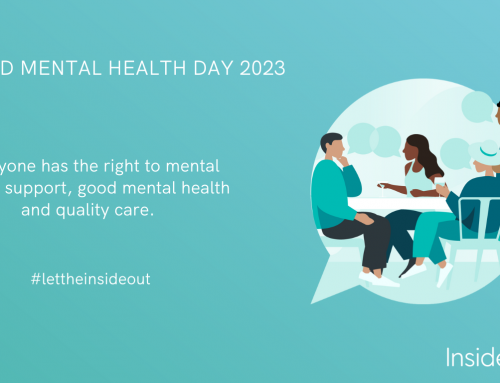Waking up to taking care of your health
I always tell my clients that they only have one health and they should look after it and not take it for granted. Taking care of our mental and physical health and wellbeing takes time and effort. Often, it is only after receiving some kind of health wake-up call that we are alerted into recognizing that our health and wellbeing are important and shouldn’t be neglected. At this time of COVID-19, it is more important than ever to safeguard our health.
To deal with any health issues as well as the pressures that life throws at us, it is extremely important to build our resilience. Many of us must rely on our resilience to get us through these difficult times of lockdown. Invoking our inner strength to handle stress demonstrates resourcefulness. Drawing on our resilience equips us with the ability to maintain a stable and positive mindset when facing adversity. This will enable us to be more adaptable to the difficult situation we are all facing during this time of a global pandemic.
Path to Resilience
Below are 5 ways to build resilience:
- Find a better work/life balance:
- Try to manage your time better.
- Prioritize what is important to you.
- Work less and prioritize your workload.
- Avoid presenteeism at work.
- Take more breaks.
- Pursue the things you love (obviously, while observing the social restrictions we are all facing): (When lockdown is lifted) go out more with friends; go to the gym; run; do yoga; make time for your hobbies.
- Practise mindfulness and meditation.
- Be kinder to yourself:
- Reflect on your achievements and acknowledge your strengths.
- Reward yourself for doing good work: give yourself a pat on the back and hug yourself.
- Take time out from your day to meditate or take a walk, even for 10 minutes.
- Go away for a few days (when possible).
- Give yourself permission to make mistakes and allow yourself to learn from them rather than beating yourself up for them.
- Let go of your inner critic: you wouldn’t speak to others the way you speak to yourself.
- Say no: resist taking on additional work or doing something you don’t want to do.
- Share:
- Seek out someone to share your challenges with who can support you when you are at your most anxious. This support network could be in the form of a friend, peer, family member, manager, or a coach.
- Don’t hesitate to discuss an issue at work with your manager or HR. All organizations regard their employees’ mental health as a serious matter.
- Speak to an InisdeOut Coach or Therapist
- Use tools such as InsideOut’s journal or mental fitness programme
- Pay attention to your physical and mental wellbeing:
- Take a look at your diet and make improvements where you can.
- Ditch all devices at least a couple of hours before bed to ensure restful sleep.
- Try checking out mentally for a while by practising meditation, mindfulness and yoga regularly.
- Experiment with exercise: (When lockdown is lifted) go to the gym, go for a run, and walk more.
- Check in with your self-esteem. Being kinder to yourself is the antidote to low self-esteem:
- Be kind and generous towards yourself.
- Let go of self-judgement and be less critical of yourself.
- Try not to care what others think of you.
- Let go of comparing yourself to other people. (This in itself is a significant achievement).
- Be bold in your decision making.
- Challenge yourself to step out of your comfort zone. It may feel scary but you will feel so good afterwards.
- Be compassionate with yourself.
- Acknowledge that you deserve happiness and fulfilment.
Above all else, respecting yourself, being kinder to yourself, and getting to know yourself better allows you to live your one life with positivity and resilience, maintaining your ‘one health’.
Author: Alisa Salamon, Life Coach at InsideOut






